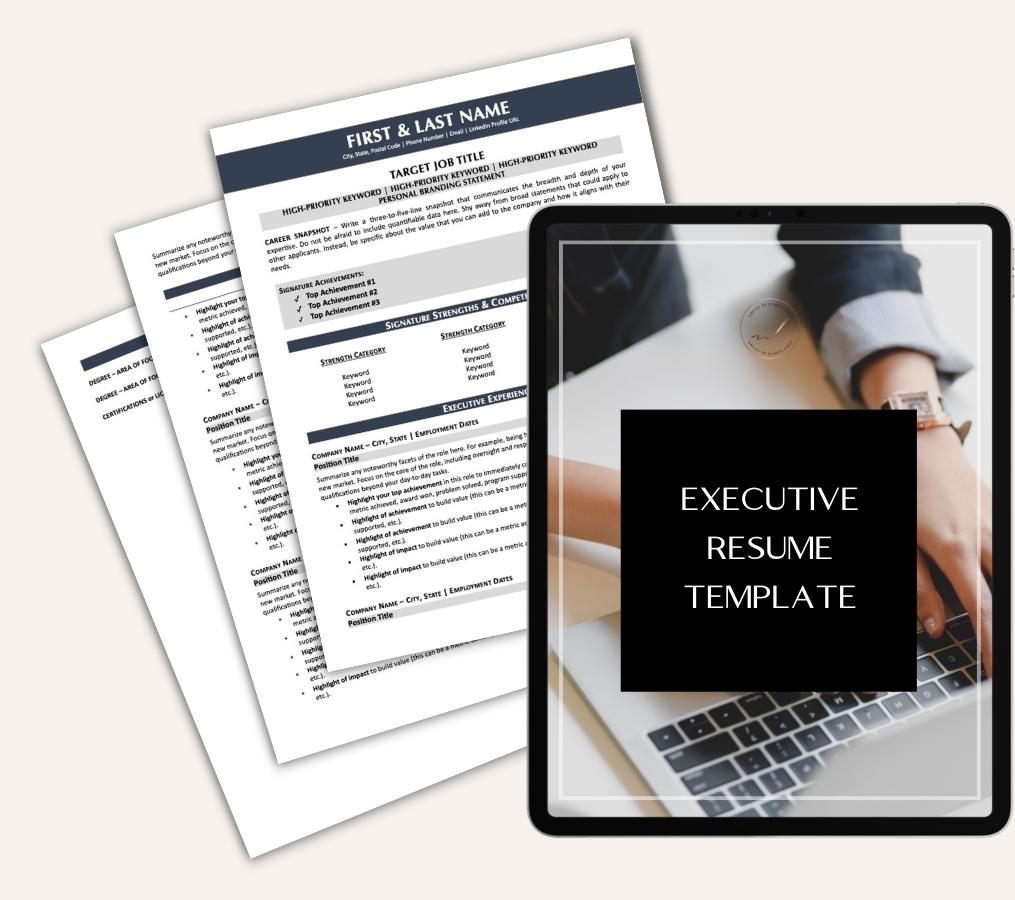How Long Do Your College Honors Matter?
Entry-level professionals often have a hard time trying to determine which information to include on their resumes. While you obviously want to include any education or degrees, the other stuff from college gets a little trickier. Do employers want to know that you were in the photography club? Would a hiring manager care that you were membership chair for your fraternity?
Relevance
As with many things in resume writing, the answer is: it depends. For most recent graduates who lack significant work experience, school activities can give some meat to your resume. For instance, if you’re applying for a job with a nonprofit, mentioning that you worked on your university’s Relay for Life event, which raised $30,000, will definitely make you an attractive candidate. However, if you’re applying for a position as an accountant, the hiring manager probably doesn’t care that you were inducted into the honor society for history at your school.
Leadership
Any activity you participate in that involves leadership skills is worth discussing on your resume. If you were captain of a sports team or an officer in student government, your understanding of how to manage others will be helpful throughout your career. However, loading your resume up with activities in which you were only peripherally involved will just create “noise” on the page.
Quantify
It is also helpful to include any information about activities that can be quantified; for instance, “President of 50-member chapter of Operation Smile that raised $20,000 to support medical procedures for children in the third world”. Well-recognized honors, such as being inducted into Phi Beta Kappa or giving the graduation address for your class, are also worth mentioning. However, it’s just not necessary to mention every single club or honor society in which you were a member.
GPA
There’s one more question that entry-level professionals often ask: Should I include my college GPA on my resume? Generally, this information paints you as someone who still thinks in the collegiate realm rather than in the professional one. If your GPA was impressive enough for you to graduate cum laude, then that is worth mentioning without including the number. You would want to include the actual number if you’re applying for programs—such as those in investment banking—that specifically seek out candidates with a specific GPA. Otherwise, the fact that you earned your degree is often all the hiring manager needs to know.
As you put your resume together for an entry-level position, ask yourself if the information will still matter in 5 or 10 years. If the answer is no, then it may not be worth mentioning now.
Share this post:

About the author
Jessica Hernandez, President, CEO & Founder of Great Resumes Fast
Hi, I’m Jessica. I started this company back in 2008 after more than a decade directing hiring practices at Fortune 500 companies.
What started as a side hustle (before that was even a word!) helping friends of friends with their resumes has now grown into a company that serves hundreds of happy clients a year. But the personal touch? I’ve kept that.
You might have seen me featured as a resume expert in publications like Forbes, Fast Company, and Fortune. And in 2020, I was honored to be named as a LinkedIn Top Voice of the year!
I’m so glad you’re here, and I can’t wait to help you find your next perfect-fit position!
Improve Your Resume: Download Your Free Executive Resume Template Today
Are you struggling to create an executive resume that will impress employers? Download this free executive resume template and receive a series of 10 emails with expert guidance on how to write resume content that resonates with employers so you get more interviews.
It's everything you need to stand out, make an impression, and accelerate your job search.








